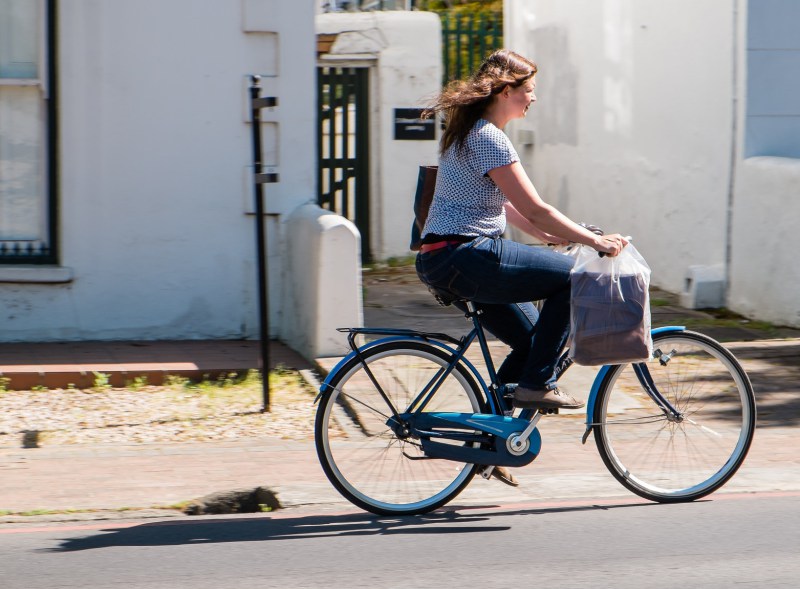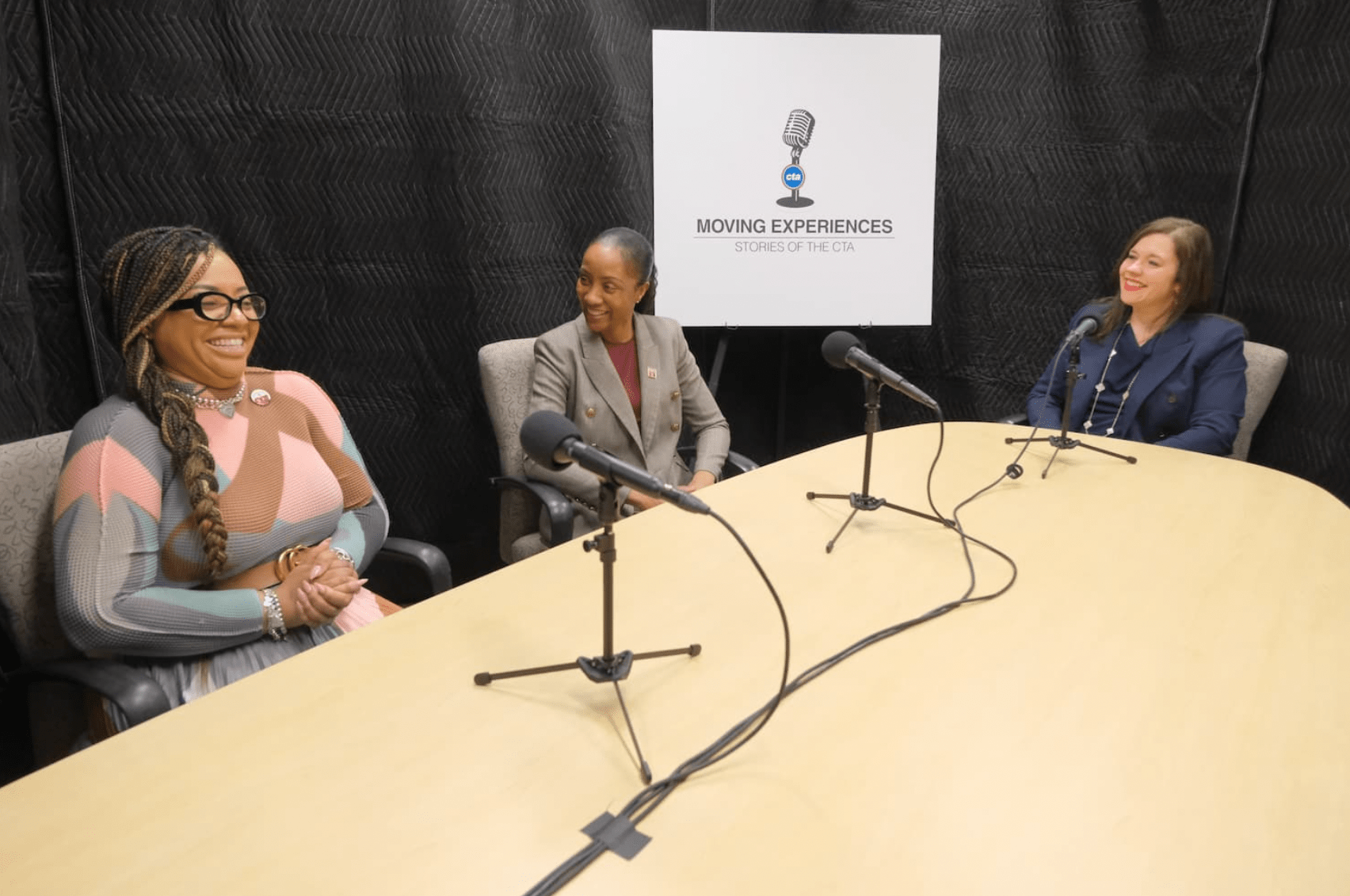Bicycling has a machismo problem.
In the United States, women account for only a quarter of bike trips. There are many possible factors for the discrepancy: the lack of bike infrastructure, social pressures during adolescence, and complex trip patterns play a role. But one of the big things keeping women out of the saddle is that when they bike they're harassed. All the time.
A study from the United Kingdom found that female bike riders encounter harassment from drivers almost twice as often as their male counterparts. But it's not just drivers. Many female riders say they also constantly deal with discouraging and disparaging comments from men on two wheels. Take this example from someone who wrote to the Washington Area Bicyclist Association:
I rode on Bike to Work day and it was awful. People treated it like a race. I was one of 3 women out of the at least 35 people on the trail (Mt Vernon Trail) into the city, both to and from work.
My pannier came unhooked and bounced off my bike that day and instead of anyone stopping to see if everything was fine, some jersey-wearing man yelled “GET A BACKPACK” while a peloton of jerks rode by.
Then again on Monday—in the rain—my foot slipped off my pedal and I swerved for a second and a man passing by yells “GET OFF YOUR BIKE”.
These are not ways to build camaraderie or boost ridership. These are reasons so many women or minorities don’t ride, or don’t ride safely. It really really bothers me that there is a very deliberate blind eye turned towards this macho attitude. It sucks.
"Resist the temptation to ascribe this rider’s experience to some sort of equal-opportunity jerkitude," writes WABA's Colin Browne. "The entitled macho nonsense described above is a very real barrier to biking."
America's streets are typically a hostile environment for cycling. When people have to take the lane or keep up with traffic to get around on a bike, that may draw more aggressive personalities than the population as a whole. But when that attitude gets directed at other people, it can turn into a stream of invective that turns them off from bicycling, Alex Baca explains:
Better infrastructure can help broaden who decides to get on a bike and feels safe doing so.
— douglass CLT (cross-laminated timber) (@alexbaca) May 31, 2017
Not being a jerk will help, too.
Sexism manifests in different ways, which Baca, Aimee Custis, Kristen Jeffers, and Susan Balding discussed with Joanne Pierce at Greater Greater Washington yesterday.
"The last time I took my (then-partner's) bike into a bike shop for routine maintenance, as the resident bike expert in my relationship, the guy at the bike shop treated me like I knew nothing, which was very frustrating," Custis said. "Dude, I'm here because my boyfriend is afraid to even come into the bike shop. Simmer down with the better-than-thou attitude."
WABA also offers some advice for male cyclists. For example, asking a woman with a flat, "Do you have all the tools you need?" is much less patronizing than asking, "Do you know what you’re doing?"
"WABA works to make our roads and trails safe for all users, and that includes safety from harassment by other bicyclists," Browne writes. "It means having tough conversations with friends and neighbors, and sometimes taking a long look at ourselves. But it’s necessary to create the kind of community that we want to bike in."
Ultimately, the goal is to create streets where everyone feels safe enough to walk or bike. We're a long way from that. Until we reach the promised land of safe, equitable streets, Custis proposes a simple rule of the road.
"Don't shout things at fellow trail or infrastructure users, including and especially women," she writes, "because the system is shaped in a way that women get shouted at too much, because they're women."






